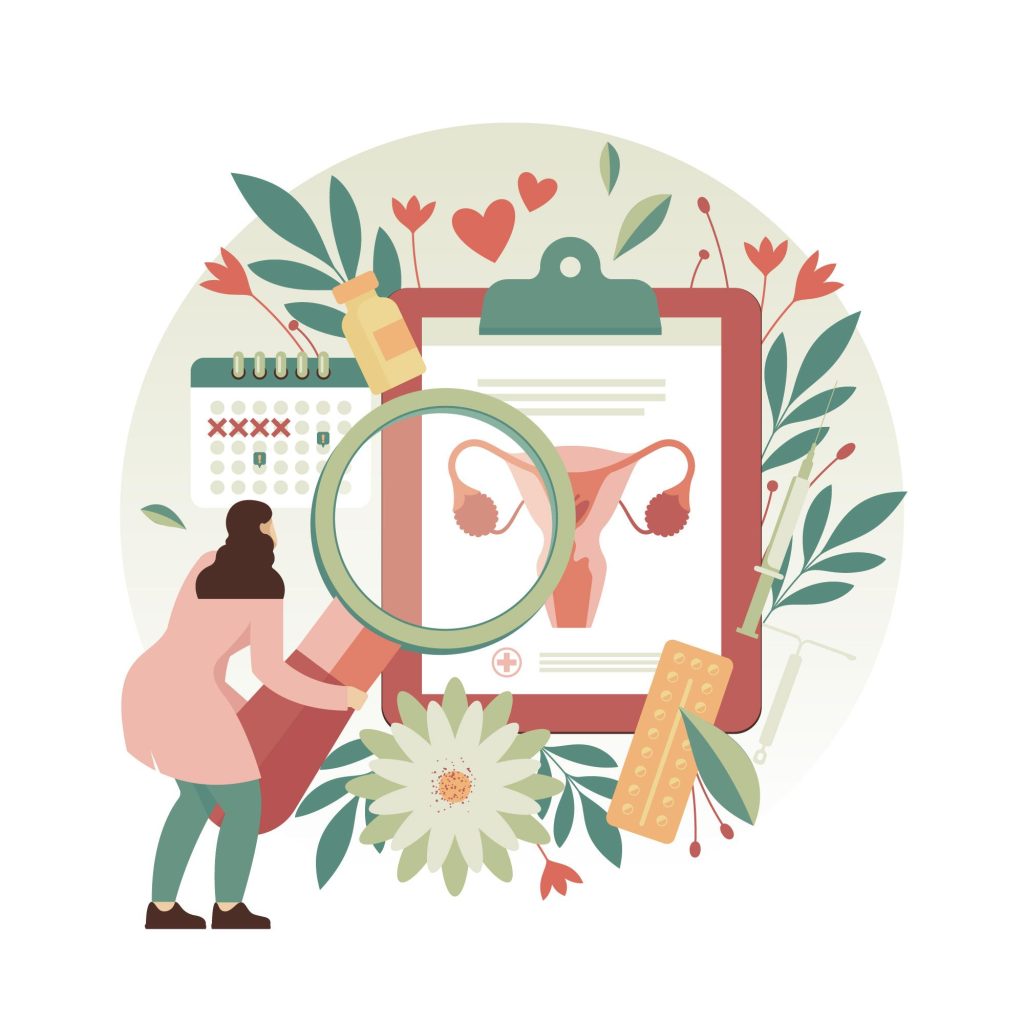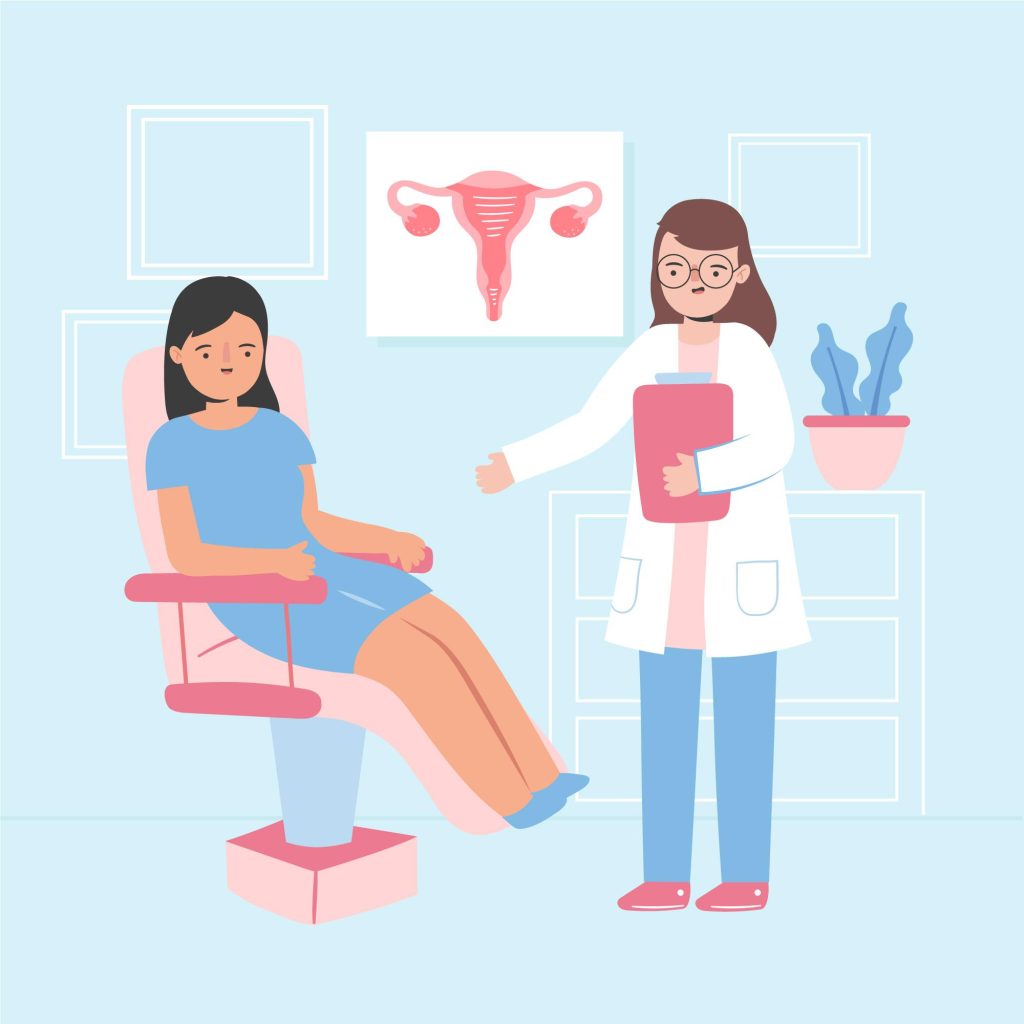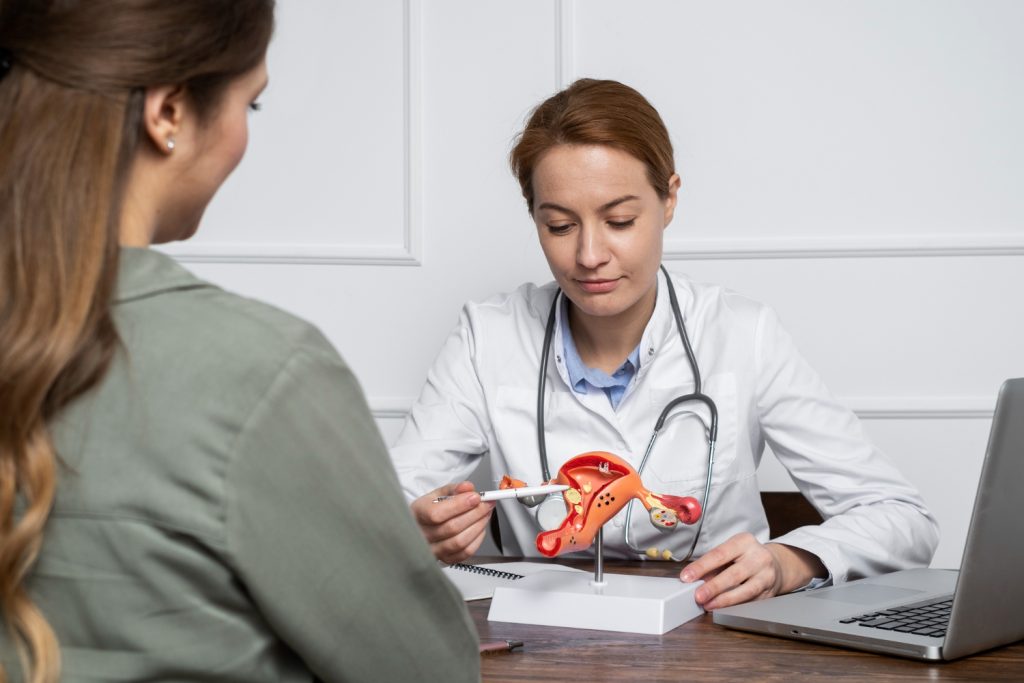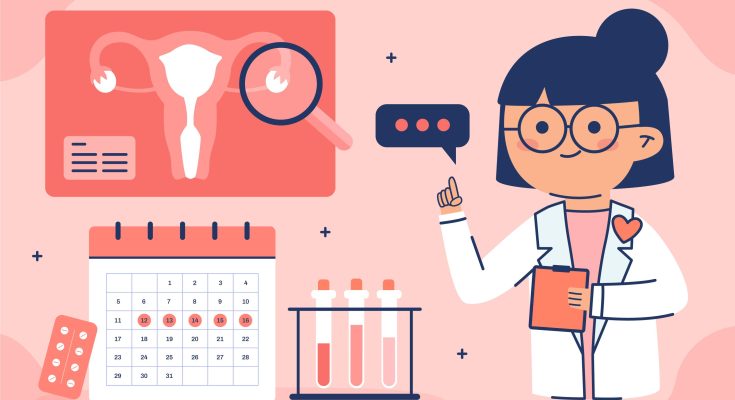Heard the terms PCOD and PCOS and wondered… “Wait… are these the same thing or not?” You’re not alone in being confused about this. These two are often used interchangeably, but they’re not identical, and understanding the difference can seriously help you make better health decisions.
Here’s in the simple words: both PCOD (Polycystic Ovarian Disease) and PCOS (Polycystic Ovary Syndrome) affect how your ovaries work and how your hormones behave. That can show up as irregular periods, acne, hair changes, weight fluctuations, and trouble conceiving. But the root causes, long-term risks, and treatment approaches aren’t exactly the same, and that’s where most of the confusion comes from.
This guide is your no-jargon, straight-talk walkthrough. No complicated medical speak. No scare tactics. Just clear answers you can act on.
Quick reality check: Google can’t diagnose you (and neither can your best friend’s cousin’s WhatsApp forward). If something here sounds like your life, use this article as a starting point, then talk to a healthcare professional for a proper evaluation.
Take a breath. You’re not “broken,” and you’re definitely not alone. Let’s untangle PCOD vs PCOS step by step, so you know exactly what’s happening in your body and what you can do next.
What Is PCOD (Polycystic Ovarian Disease)?
PCOD just means that your ovaries are making more eggs than normal, and a lot of them don’t mature properly. They don’t come out during ovulation; instead, they turn into small cysts, which are fluid-filled sacs.
Because of this, the ovaries can become slightly enlarged and start releasing more male hormones (androgens) than they should. This little hormonal imbalance is what leads to many of the noticeable symptoms, like irregular periods, acne, and unexpected weight gain.
The important part is that PCOD is pretty common. In fact, about one in three Indian women of reproductive age has some type of PCOD. On the plus side, PCOD can often be controlled by making changes to how you live your life, such as eating well-balanced meals, staying busy, and managing your stress. Women who have PCOD can usually still get their cycles on time, get pregnant naturally, and live a healthy life as long as they get the right care.
So don’t think of PCOD as a “disease that defines you.” Instead, think of it as a health problem that needs your care and balance.

What Is PCOS (Polycystic Ovary Syndrome)?
PCOS is more than just an ovary issue—it’s a full-body hormonal and metabolic condition.
In PCOS, your ovaries don’t just make extra immature eggs; the bigger problem is that your hormones get seriously out of balance. The body makes more androgens (male hormones) and often gets insulin resistance, which means it has trouble using insulin properly. Periods that come and go or don’t come at all, sudden weight gain (especially around the belly), acne that won’t go away, and hair growth in places you don’t want it are all caused by this hormonal chaos.
For PCOS, the whole endocrine system is affected, including your hormones, metabolism, and even how your body handles sugar. This is the reason it’s called a syndrome instead of a disease.
PCOS is more important to doctors because of these reasons:
- It can disrupt ovulation and make conceiving difficult.
- It increases the risk of diabetes, high blood pressure, heart disease, and endometrial issues in the long run.
- Symptoms tend to be more intense and widespread compared to PCOD.
Just like PCOD, PCOS is manageable. Women with PCOS can balance their hormones, control their cycles, and lower their future health risks by getting the right evaluation. Also, by making changes to their lifestyle, and getting medical care as needed.
Think about it this way: PCOS is a situation in which your body starts several processes at the same time, which makes your whole system confused.
Key Differences Between PCOD and PCOS Symptoms
Here’s a simple comparison to help you spot the differences at a glance:
| Aspect | PCOD (Polycystic Ovarian Disease) | PCOS (Polycystic Ovarian Syndrome) |
| Nature of Condition | Ovaries release many immature eggs that form small cysts. It’s mainly an ovarian issue. | A hormonal and metabolic disorder that affects the entire body, not just ovaries. |
| Severity | Common and generally less serious. Often manageable with lifestyle changes. | More complex and severe. Linked to hormonal imbalance, insulin resistance, and long-term risks. |
| Fertility Impact | Many women can still conceive naturally with timely care. | Higher risk of infertility due to lack of regular ovulation. May require medical support to conceive. |
| Long-Term Health Risks | Usually no major long-term complications if managed well. | Can increase chances of diabetes, heart disease, obesity, and endometrial issues. Needs long-term monitoring. |
Symptoms of PCOD and PCOS
Both PCOD and PCOS can sneak up with symptoms that often look alike—which is why people confuse the two. Here’s how to tell them apart:
Common PCOD and PCOS Symptoms
- Irregular periods are cycles that arrive late, skip months, or last abnormally long.
- Putting on weight or having trouble losing it, especially around the stomach.
- Acne and oily skin cause spots that are hard to get rid of with skincare.
- Hair growth that is too much, usually on the face, chest, or back.
- Hair thinning on the scalp – also called female-pattern hair loss.
- Mood changes & fatigue – irritability, low energy, or feeling “off” for no reason.
Symptoms More Common in PCOD
- Mild hormonal imbalance, so symptoms are often less intense.
- Periods may be irregular but still occur.
- Fertility is usually preserved—most women can conceive with little or no medical help.
- Ovaries may look enlarged with multiple immature eggs (on ultrasound).
Symptoms More Common in PCOS
- Periods are severely irregular or absent, sometimes for months.
- Stronger symptoms of hormone imbalance, such as deeper voice changes or visible facial/body hair.
- Diabetes and rapid weight gain go hand in hand.
- Higher chance of not being able to have children because ovulation doesn’t usually happen.
- Dark patches (acanthosis nigricans) are common on the neck, underarms, and groin.
Why Early Detection Matters?

Many women brush off irregular periods or acne as “normal teenage stuff” or “stress-related.” But catching PCOD or PCOS early can:
- Prevent long-term complications like diabetes, heart disease, or fertility struggles.
- Make treatment easier—lifestyle changes have the best impact when started early.
- Give you back control over your health, instead of just masking symptoms.
Causes and Risk Factors for PCOD and PCOS
So, what actually causes PCOD and PCOS?
In short, there is more than one person to blame. These diseases are often caused by a combination of genes, hormones, and the way you live your life.
1. Genetic Predisposition
- If your mom, sister, or even aunt has PCOD or PCOS, you’re more likely to get it too.
- They believe there is a strong genetic link, especially when it comes to how insulin and hormones work in your body.
- No, it’s not just “bad luck”; things that run in your family can affect your health.
2. Hormonal Imbalance
- Both PCOD and PCOS are linked to having more androgens, which are male hormones.
- Your body makes insulin but doesn’t use it correctly if you have PCOS. This makes the ovaries make more androgens.
- When hormones fight, ovulation stops. This can lead to pimples, hair growth, and periods that don’t come on time.
3. Lifestyle Factors
- Diet: Sugary drinks, processed foods, and too much bad food make insulin resistance worse.
- stress: More stress means more cortisol, which throws off the balance of hormones even more.
- Skipping workouts: It gets harder to control your weight and makes insulin resistance worse.
- Lack of sleep: Not getting enough sleep can also mess up your hormones and metabolism.
4. Environmental Triggers (less talked about but real)
- Plastics, pesticides, and even some beauty products contain chemicals that can mess with your hormones.
- These can eventually interfere with hormones, particularly in genetically predisposed women.
When to See a Doctor

It’s normal for periods to be a little irregular once in a while, or for a pimple to pop up before exams. But if you notice these red flags, it’s time to book an appointment:
- Periods that are consistently irregular or absent for months.
- Sudden weight gain that feels hard to control.
- Excess hair growth on the face, chest, or back.
- Thinning hair on the scalp.
- Dark, velvety patches on the skin (around the neck, armpits, or groin).
- Difficulty getting pregnant despite trying for months.
Early medical intervention can prevent long-term complications like diabetes, high blood pressure, and fertility struggles. A doctor can run simple tests (bloodwork and ultrasound) to give you a clear picture and guide you toward the right treatment.
Conclusion
PCOD and PCOS may sound like twin sisters, but they’re not identical.
- PCOD: An ovarian condition, quite common, usually milder, and often manageable with lifestyle tweaks.
- PCOS: A more complicated hormonal disorder that has effects on the whole body and needs long-term, close care.
The good news? You can live a healthy, balanced life if you make the right changes to your lifestyle, get medical help, and go for regular check-ups. Don’t ignore what your body is telling you. Trust your gut and talk to a doctor or nurse if something seems “off.”
Stay strong and remember that you are not alone or broken. Your body can thrive with the right care.

